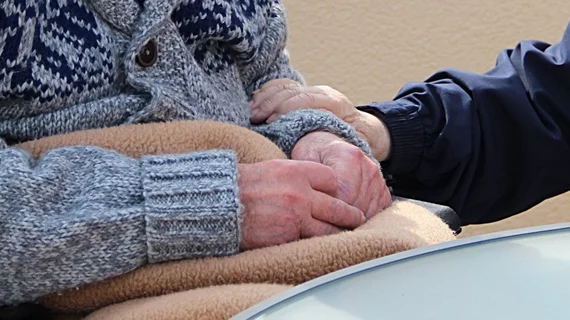AI in healthcare surge could reduce face time with doctors, nurses
The boom in the emergence of AI and other innovative technologies in the healthcare space comes with a new risk: the expense of human contact.
That future, as outlined by NPR, sees patients receiving eye exams from software, while clinicians interpret data and healthcare navigators help patients move through the healthcare system. Yet as healthcare services can increasingly be conducted by machines, from diagnostics to health predictions and more, patients still need a human element in the process.
As the proliferation of AI in the healthcare space charges onward, nurses and doctors shouldn’t become “adjuncts to machines.” Instead, the machines should give healthcare professionals more time to spend with patients and potentially tackle the most challenging tasks.
"Medicine is a combination of art and science," which will be augmented by AI, Russ Altman, MD, PhD, professor of bioengineering and genetics at Stanford, told NPR. "But the act of laying your hands on a patient, showing that you really care about what is there, what their problem is [and] assuring them that you're going to be with them through an odyssey—that might take a while. That is very difficult to imagine being replaced by computers."
See the full article here.

